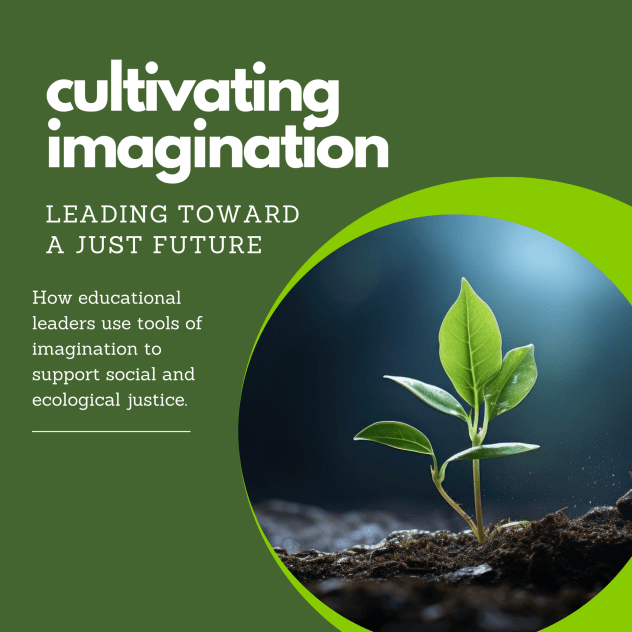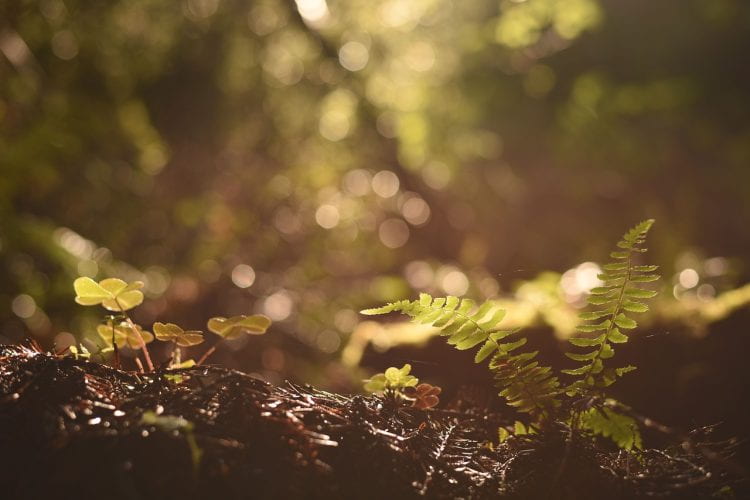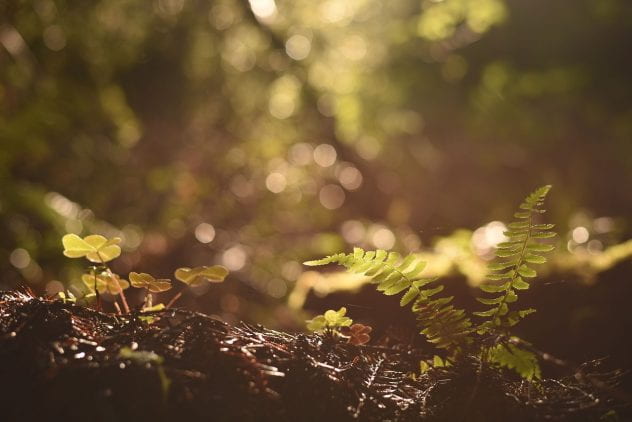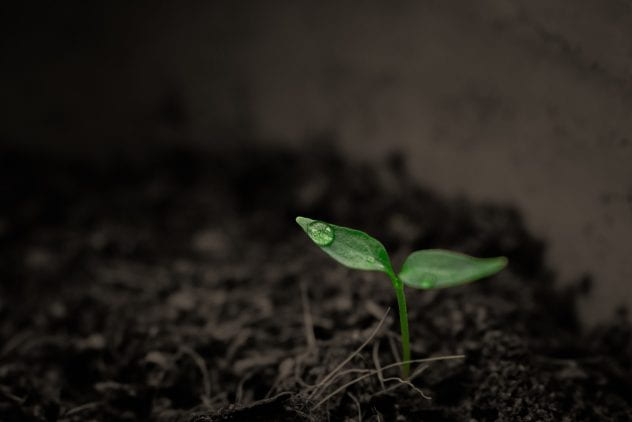by Vidya Shah, Assistant Professor in the Faculty of Education at York University
 I’m so very grateful for the opportunity to have been in conversation with Jacqueline Lawrence, Stephen Hurley, and Meaghan Dougherty in Episode 1 of the Cultivating Imagination podcast. What a life-giving conversation that was! Below I share some thoughts on imagination since that conversation, drawing on inspiration from the Finding Our Way podcast hosted by Prentis Hemphill, the Emergent Strategies Series curated by adrienne marie brown, and my own learning from TheThe UnLeading Project.
I’m so very grateful for the opportunity to have been in conversation with Jacqueline Lawrence, Stephen Hurley, and Meaghan Dougherty in Episode 1 of the Cultivating Imagination podcast. What a life-giving conversation that was! Below I share some thoughts on imagination since that conversation, drawing on inspiration from the Finding Our Way podcast hosted by Prentis Hemphill, the Emergent Strategies Series curated by adrienne marie brown, and my own learning from TheThe UnLeading Project.
Imagination is a Birthright
It is our birthright to imagine ourselves and our worlds anew. It is our birthright to dream wildly, unabashedly, and unapologetically, and to have those dreams become our reality. It is our birthright to thrive in a heart-mind-spirit space that exists outside of survival mode. Yet, in many systems and organizations, it is difficult for leaders to cultivate the capacities to engage this birthright because they are running on empty with never-ending to-do lists, and expected to be “on” all the time. What does this approach to leadership, with limited capacity to imagine otherwise, do to leaders and all that is influenced by their leadership?
Imagination is a Privilege
As a former elementary classroom teacher, I would often reflect on which students were provided with conditions that cultivate their imagination. I would think about how the larger socio-political and economic contexts of the school influenced who had access to the time and space needed to imagine. I would observe how educators’ assessments of student capabilities and needs were often influenced by the students’ identities and lived realities. I questioned how deficit-thinking influenced which students were taught basic skills through rote learning and which students had opportunities to nurture their higher-order thinking and creativity. In other words, which students were invited to honour the full range of their humanity and the full range possibility before them, pre-requisites of cultivating imagination? Now, as a professor and as someone who works with people in schools, school districts, communities, and the academy, I am asking myself these same questions of educators and leaders.
Imagination is Resistance
Is imagination an end in and of itself? Is it a means to an end or perhaps various ends? I often think about the importance of imagination as resistance to the status quo and to power structures that enable and normalize grave injustices in our worlds. Some of the most imaginative creations and offerings throughout history have led to the most violence, destruction, and death.
Imagination is Not Neutral
It is our responsibility to engage with imagination in ways that foster more humane, more compassionate, and more just futures (and presents). How would we engage imagination if we saw it as a practice of freedom and liberation? Of course, we would have different opinions of what constitutes freedom and liberation, and this is where our capacity to cultivate imagination is dependent on our capacity for being in complexity, in the messiness, in the struggle.
Imagination is Relation
Imagination invites us, in part, to construct conceptions of the Self and the Other. Often, our self-imagination is imbued with qualities of purity, innocence, goodness, and benevolence, while our imagination of others may reflect more negative qualities. The creation of binaries and associating more “positive” attributes to the self is true of us as individuals and as members of communities to which we belong. But a different kind of imagination is possible, one that invites us to see ourselves as both “harmed and harming” (Hemphill, 2019), to blur the binaries of good/bad, right/wrong, winners/losers, and oppressed/oppressor. In this way, our imagination of Self and Other (both humans and the more-than-human-world) becomes paradoxical, moving us out of polarity and into relation.
Imagination is Embodiment
The notion of imagination often conjures up ideas and images of being swept away in our minds, creating, configuring, connecting, visualizing, storying, questioning, wondering, abstracting, and so much more. These are such important skills to develop and practice as leaders and educators, alike. When we account for the mind-body-spirit in our conceptions of imagination, we recognize that it is also profoundly influenced by insight, emotion, visions, felt senses, and so much more. Embodied imagination invites us to experience, deep in our bones, what it might feel like to live and breathe the worlds we are imagining. It invites us to be receptive to visions and insights that may come from beyond the mind, but with which the mind can and should engage.
Imagination is a Discipline
In We do this ’til we free us: Abolitionist organizing and transforming justice, Mariame Kaba (2021) speaks to the idea that hope is a discipline. I believe the same is true of imagination. As a discipline, imagination requires us to resist the pull of coloniality and modernity, which manifests in obsessions with progress, outcomes, linearity, and more. As a discipline, imagination urges us to commit to practices of slowing down, spending time doing nothing, playing, dreaming, healing, laughing, resting, dancing, being in silence, staying with the messiness and complexity of life and relation, and so much more.
Our individual and collective consciousness and well-being depends so intimately on our ability to imagine and co-imagine, allowing our collective insights and embodied wisdoms to merge in messy and complicated ways into something more beautiful and more powerful than any one imagination. To co-imagine, while in the depths of cruel and difficult realities, is a commitment to staying in the struggle. This requires discipline, and that is our practice.
Hear more from leaders in the Cultivating Imagination podcast series.
References
Hemphill, P. (2019). Letting go of innocence. Prentis Hemphill. https://prentishemphill.com/selectwritings/2019/7/5/letting-go-of-innocence
Kaba, M. (2021). We do this ’til we free us: Abolitionist organizing and transforming justice. Haymarket Press.



